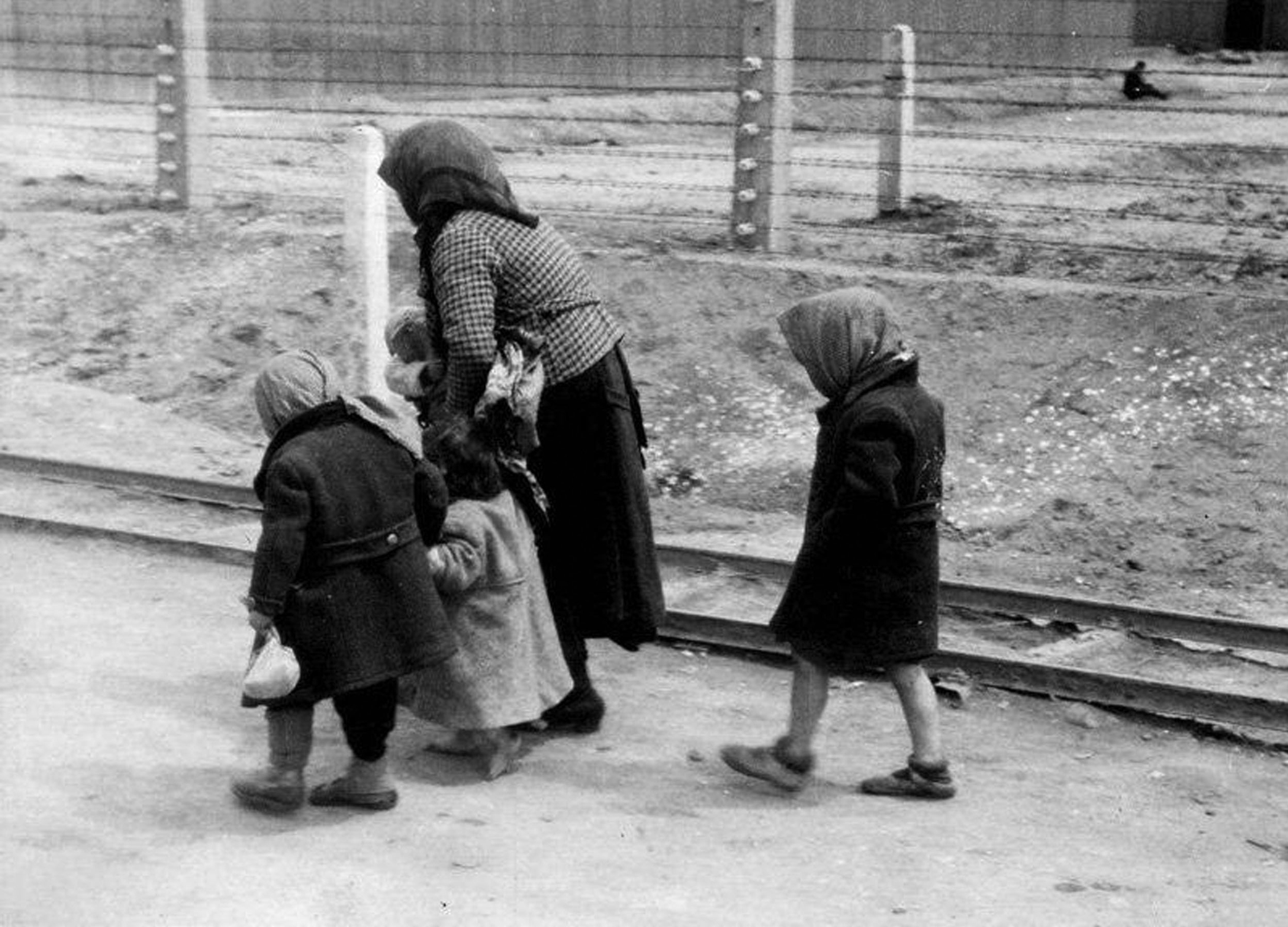
Bundesarchiv, Bild 183-74237-004 / CC-BY-SA

January 22, 2020
On January 27th, the anniversary of the allied liberation of Auschwitz-Birkenau, we commemorate International Holocaust Remembrance Day in honor of the victims of Nazi persecution. This annual observance provides an opportunity for teachers to focus on the pivotal role of liberators in defeating the Nazis at the culmination of World War II, and as some of the first to bear witness to the horrors of the Holocaust. Here are some strategies and resources to guide you in teaching about this topic.
Eyewitness testimony highlights the human story behind the Holocaust and can help students further understand the importance of preserving one’s humanity during this dark period in history. Hearing from survivors on the paradoxical joy of liberation and darkness of facing a return to life without family, as well as from American soldiers who saw firsthand the horror of Nazi atrocities, offers an excellent entry point to the study of the Holocaust. Explore below:
In addition to oral testimony, written testimony is also a useful way to engage students in the human story of the Holocaust.
Our blog by Sheryl Ochayon, Echoes & Reflections Project Director at Yad Vashem, offers reflections on her interview with WWII liberator Alan Moskin and the importance of Holocaust remembrance.
You can also share written testimony from liberator Harry J. Herder, Jr., who was nineteen at the time he and other US soldiers liberated Buchenwald, in April 1945.
Explore our Video Toolbox, Liberators and Survivors: First Moments, on the liberation of concentration camps by the US Army at the end of WWII. This short film interweaves liberators’ and Jewish survivors’ testimonies and other primary sources, helping you present their personal stories to your students. Watch here.
Through our partner USC Shoah Foundation’s IWitness, we bring the human stories of the Holocaust to secondary school teachers and their students via engaging multimedia-learning activities on the topic of liberation:
1. How do you think survivors felt after learning they were liberated? What do you imagine some of their fears were?
2. What obstacles did survivors have to overcome following liberation?
3. What do you imagine were some of the thoughts and feelings liberators had after their experiences liberating the camps?
4. What is the effect of hearing both survivors and liberators talk about liberation? What kind of information do you learn from each?
5. What kind of information does the survivor provide that would be impossible to learn any other way?
Our Unit on Survivors and Liberators contains all the resources mentioned in this piece as well as additional learning tools for exploration.
Deepen students' learning of liberation by viewing significant dates in history on our interactive Timeline of the Holocaust resource:
This blog was originally published by Echoes & Reflections.